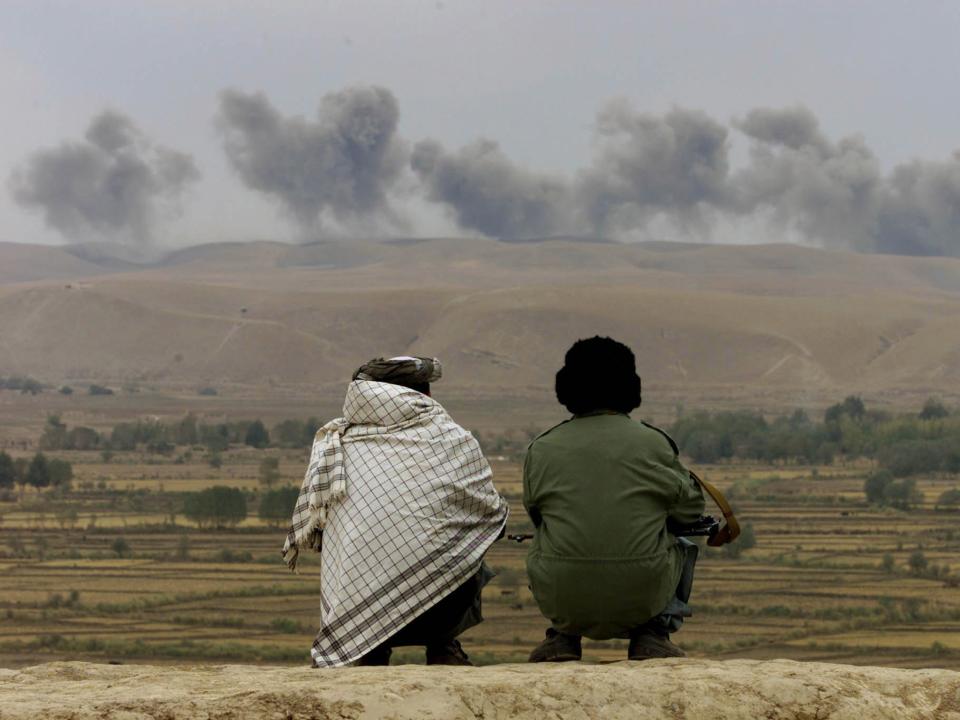Why America loses wars it starts

Reuters
Since the end of World War II, why has America lost the wars it started? And why has America failed in the military interventions it made without just cause or legitimate reason? Vietnam, the invasion of Grenada, the Beirut bombings in Lebanon that killed over 240 American servicemen in October 1983, the second Iraq War that began in 2003, the Libyan intervention of 2011, and now Syria are case studies in failure. And Defense Secretary Jim Mattis is correct in stating that "we are not winning in Afghanistan."
Of course, the United States prevailed in the Cold War. George H.W. Bush was masterful in responding to the implosion of the Soviet Union, making Europe "whole, free and at peace," and liberating Kuwait in 1991, expelling Saddam Hussein in one of the most overwhelming military victories in history. But these are exceptions.
Two broad reasons explain why military failures occur irrespective of the political party in charge of the White House and no matter how noble America's intentions may have been. The first is the failure of presidents to exercise sound strategic thinking and judgment. The second is the parallel failure to have sufficient knowledge and understanding of the circumstances and situations in which military force was to be used.
Fifty years ago, John F. Kennedy and Lyndon B. Johnson were trapped in Vietnam because of an acute absence of sound strategic judgment. The Soviet Union was not monolithic and North Vietnam was not the vanguard of a worldwide communist takeover. Yet it took a decade and 58,000 dead Americans for Washington finally to withdraw. But did successive presidents learn from this stunning defeat? Sadly, the answer is no.
One reason for these more recent failures is that none of the last four presidents including the current one had the requisite experience or sound strategic judgment in using military force. Bill Clinton was by far the luckiest of presidents. He assumed office after the disintegration of the Soviet Union, the smashing defeat of Saddam Hussein in 1991 that restored American military credibility, and the economy was about to take off. Yet, Clinton was unable to deal with al Qaeda and Osama bin Laden, he ignored the humanitarian catastrophe in Rwanda, and it took 78 days to force Serbian leader Slobodan Milosevic to halt genocide in Kosovo.
NOW WATCH: The easiest way to get rid of bad breath — according to a dentist
See Also:

 Yahoo News
Yahoo News 
